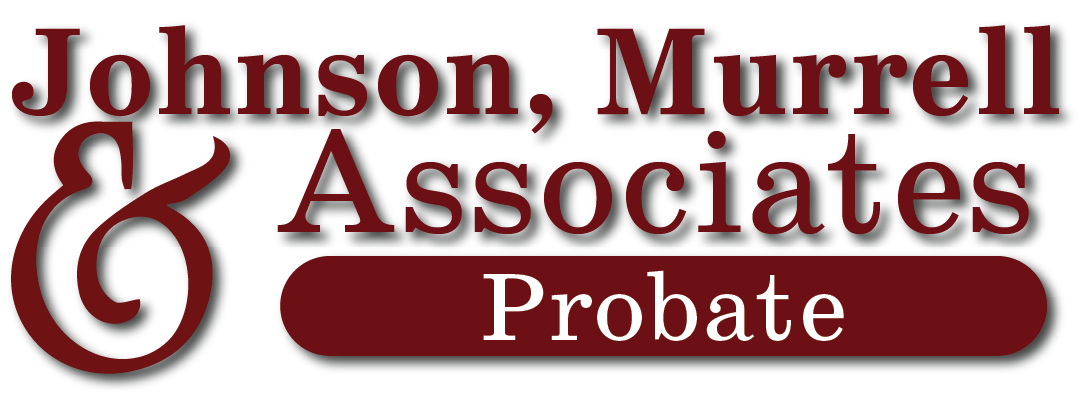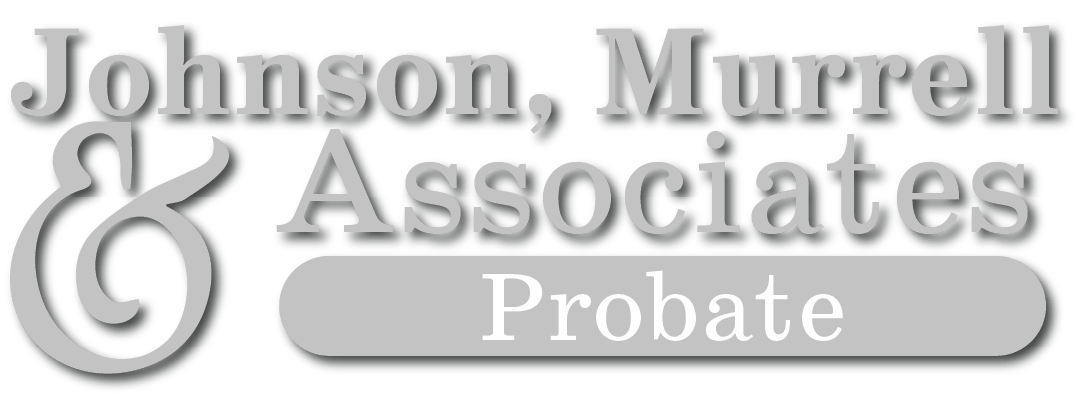Nursing homes provide the important service of caring for elderly loved ones. However, the care they provide can be more expensive than originally anticipated. Many people wonder if these bills will dry up an estate. Fortunately, there are some ways to safeguard assets from the costs of long-term care.
Protect assets from nursing home costs with:
- Getting long-term care insurance
- Giving away assets
- Creating a life estate or irrevocable trust
- Applying for annuities
- Applying for TennCare
Protecting Assets from Nursing Home Costs
Advancements in technology and healthcare have led to longer lifespans. Consequently, the demand for long-term care facilities has skyrocketed, pushing costs to unprecedented levels and threatening personal assets. The rising expenses of nursing homes directly impact estate values, reducing the legacy you can leave to your loved ones. However, proactive planning and foresight can help protect your assets from these costs.
1. Long-Term Care Insurance
Protecting assets from nursing home costs can be done with long-term care insurance. Approximately 49% of men and 64% of women reaching age 65 today need significant long-term care, making it crucial to prepare. Premiums are also lower and coverage is more accessible when you’re younger and healthier.
Long-term care insurance differs from traditional health plans in that it’s specifically designed to cover extended services and support. This includes personal and custodial care at home, in community organizations, or other facilities. You may not qualify for this insurance if you’re in poor health or already receiving long-term care services, reinforcing the need for early planning.
2. Giving Away Assets
Another way of protecting assets from nursing home costs is by giving them to loved ones. This reduces your estate’s value and potentially qualifies for TennCare, but it requires early planning. However, Medicaid eligibility requires your assets to be below a certain limit, and there is a “look-back” period to consider.
Medicaid’s Look-Back Period is designed to prevent applicants from meeting the asset limit by giving away or selling assets below market value. The Medicaid agency reviews all asset transfers made within this period, including those by an applicant’s spouse. Violations of the rule result in a penalty period of Medicaid ineligibility.
This period begins on the date of the Medicaid application and typically spans 60 months (5 years). For example, if a Tennessee resident applies on Jan. 1, 2024, the look-back extends to Dec. 31, 2018, and all transactions in this timeframe are reviewed. this means that if you may need long-term care in your 80s, you can’t wait until you’re 79 to give things away.
Again, plan early.
3. Creating a Life Estate or Irrevocable Trust
Creating a life estate or irrevocable trust can be an effective way of protecting your assets from nursing home costs. A life estate is crucial for preserving future ownership interest in your real estate while allowing you to retain full rights to live in the property until death.
On the other hand, an irrevocable trust offers significant protection from nursing homes of:
- Principal
- Periodic interest
- Dividends
Assets placed in an irrevocable trust also avoid probate in Tennessee, streamlining the inheritance process. By using these strategies, you can reduce your estate’s value and potentially qualify for Medicaid, making early planning essential to avoid penalties and ensure eligibility.
4. Applying for Annuities
Protecting your assets from nursing home costs can be done by applying for annuities. These financial contracts convert liquid assets into a fixed income stream, which helps protect your wealth. Often regarded as non-countable assets for Medicaid eligibility in Tennessee, annuities enable individuals to meet Medicaid’s financial criteria while preserving a portion of their assets.
Additionally, the regular income stream provided by annuities can be used to cover nursing home expenses. This ensures a steady flow of funds to manage care costs. By incorporating annuities into your financial planning, you can secure your financial future and maintain eligibility for Medicaid support.
5. Applying for TennCare
Applying for TennCare can be a great option for protecting assets from nursing home costs. The program provides comprehensive health coverage, including long-term care services such as nursing home care. This effectively covers costs and safeguards your assets. Planning ahead and understanding its requirements can help manage long-term care needs.
While TennCare has its benefits, be aware of the Medicaid Estate Recovery program. Federal law mandates TennCare to recover payments made for nursing facilities and other long-term services after the recipient’s death. While this recovery can impact the estate, utilizing TennCare for immediate care needs offers significant financial relief and asset protection for the recipient.
Choose Johnson, Murrell & Associates for Help with Estate Planning
At Johnson, Murrell & Associates, we provide expert estate planning to help you avoid TennCare estate recovery and other estate-related obligations and liabilities. Leveraging our expertise, we provide strategies to mitigate the impact of estate recovery through personalized estate planning, ensuring asset protection and compliance with TennCare regulations.
We also offer valuable assistance to out-of-state residents needing help with estate planning for vacation homes in Tennessee and other related issues. Whether you’ve inherited a home and need to transfer the deed or sell the property, we will help you smoothly navigate the legal process.

Protecting assets from nursing home costs requires strategic planning and proactive measures. Long-term care insurance is essential for covering personal and custodial care. Giving assets to loved ones can reduce estate value for Medicaid eligibility while life estates and irrevocable trusts safeguard assets and simplify inheritance. Annuities offer fixed income exempt from Medicaid asset calculations.
At Johnson, Murrell, & Associates, we understand that handling a loved one’s estate and bills after their passing is an emotional, stressful experience. Our job is to make your life easier, which means guiding you through the process so you understand what’s to come. To schedule a consultation, call us at 865-453-1091 or schedule an appointment.



